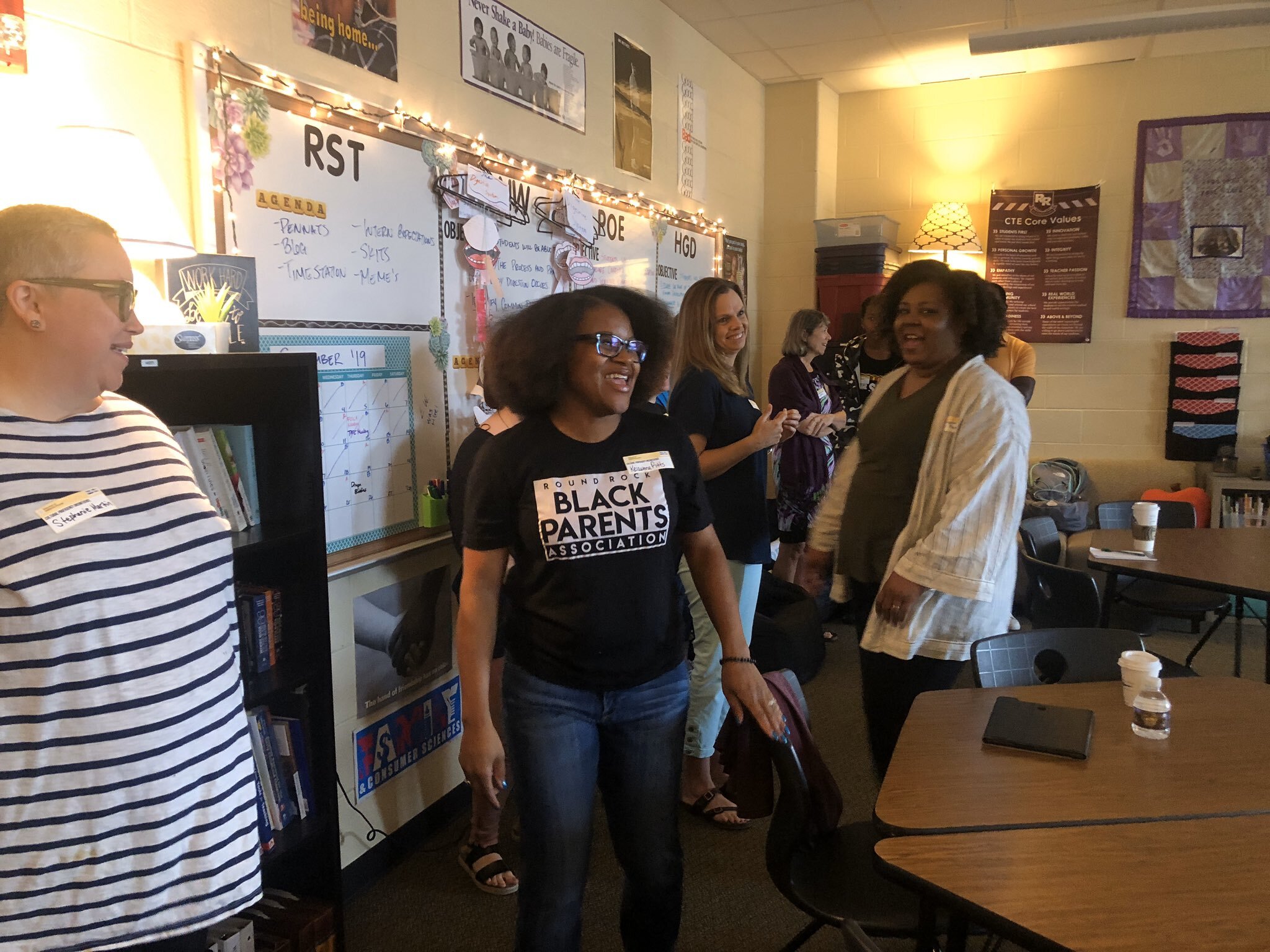
Points of unity
dismantling the racist criminal justice system
Educators in Solidarity promotes the decriminalization of the public school campus. Many schools have a consistent police presence, where officers and the courts serve as the disciplinary system; students of color and students with disabilities are overrepresented in all aspects of the disciplinary process. EIS supports the funding of evidence-based practices to promote anti-racist school cultures, such as restorative practices and others , and the continued identification and addressing of policies that can be altered to prevent the criminalization of students from a young age. EIS believes in investing in mental health care as opposed to policing in school. Our current justice system has imprisoned disproportionate numbers of BIPOC and LGBTQIA+ people, and the effect that this mass incarceration has had on our communities is deep and rooted in capitalism and white supremacy. We are against the militarization of police departments and the conflation of ICE with local law enforcement. We believe that policing as an institution is rooted in white supremacy, and that it is only by dismantling this system, not reforming it, that the trends of police brutality will reverse. These same patterns are replicated inside of our school systems.
Uplifting and Protecting Marginalized Identities
While schools are a part of and exist in racist and discriminatory systems, campuses should be actively challenging and seeking to disrupt these structures. Schools should be sites of support for the community, including students, staff, and families who are undocumented, linguistically diverse, and LGBTQIA+. They should also be sites of support for students, staff, and families who are receiving Gifted service and who are receiving Special Education services. Hiring and supporting black and brown teachers, administrators, and staff is key to dismantling white supremacy and its effects in public schools. EIS views education as a human right for all children. We oppose school policies, classroom practices, and cultural and legislative agendas that target individuals for discriminatory treatment because of their identities.
defending public education
We support the right of every student to receive a high-quality public education, and we oppose the privatization of K-12 education. EIS opposes charter and private schools that come at the detriment of traditional public schools, including the current trend of defunding public education at state and federal levels.
reforming school finance
We support school finance reform to promote the equitable distribution of resources — facilities, teaching staff, extracurricular activities, academic support, and building structures. We support school finance measures that will repair decades of neglect from previous school finance measures, particularly in communities of color.
USING DATA AS A TOOL FOR ANTI-RACISM
We believe data gathered by teachers and administrators should be used to highlight and help close achievement and opportunity gaps between students. We support a more holistic assessment of individual students’ strengths and needs. We oppose using data to justify discriminatory practices and the unequal distribution of resources to students — such as standardized tests that demonstrate racial bias and schoolwide ability grouping policies that increases racial and economic disparities.
increasing access to supports
Health should not be a barrier to a student’s development. We support the right of students, families, and communities to accessible, affordable, and quality food and mental health services. Increased funding for nutritious and free breakfast and lunch on campuses, campus counselors, social services staff, and improved linkage with community resources will improve student attendance, academics, graduation rates, and overall health outcomes.
creating An inclusive, anti-racist curriculum
The public school curriculum should include perspectives, experiences, accounts, and records from the entire spectrum of humanity, including historically marginalized groups. Lessons should encourage critical theory, to include the roles of white supremacy, racism, and capitalism in constructing current and ongoing oppressive actions, structures, laws, and institutions.
Opposing gentrification and segregation
Gentrification results in overcrowded classrooms and school districts. Schools are often unprepared to handle the influx of new students, and educators are not always culturally proficient in their practices or curriculum. Gentrification is often another word for segregation, and both phenomena disproportionately harm communities of color.
make a difference.
There are many ways to support the points of unity and get involved beyond the classroom.








